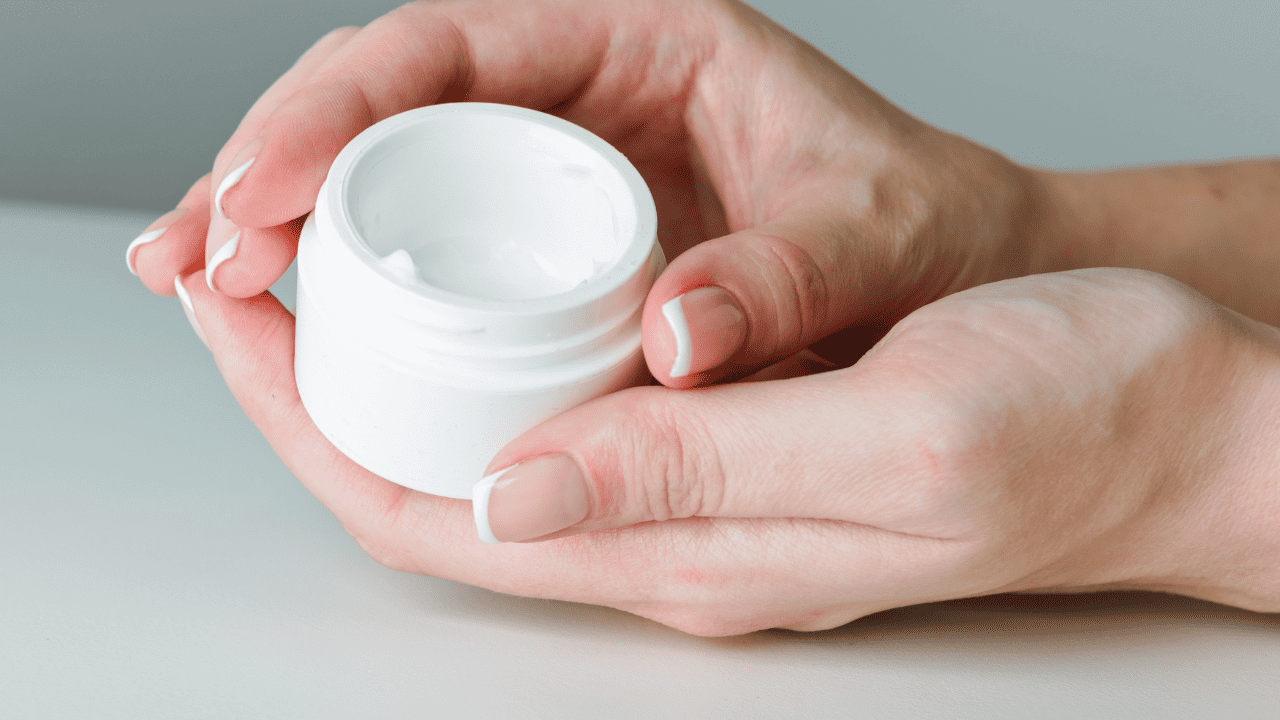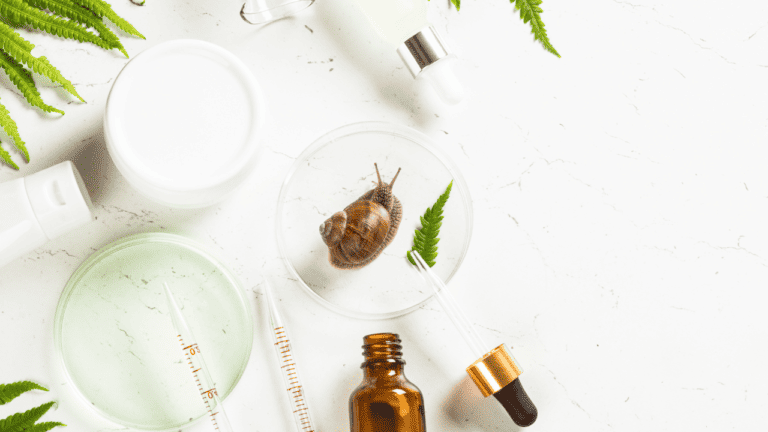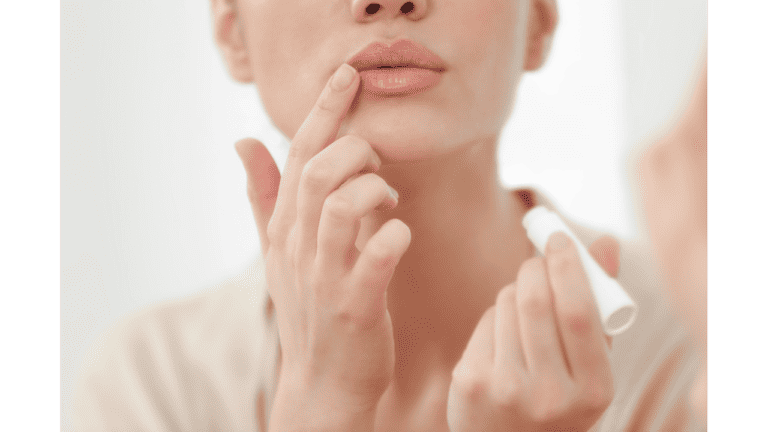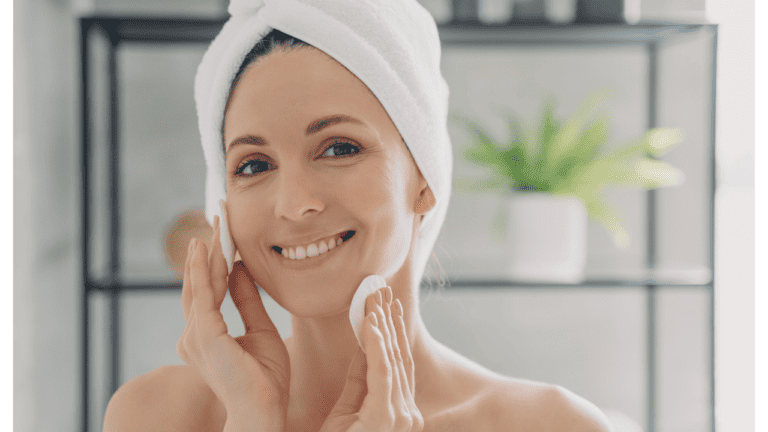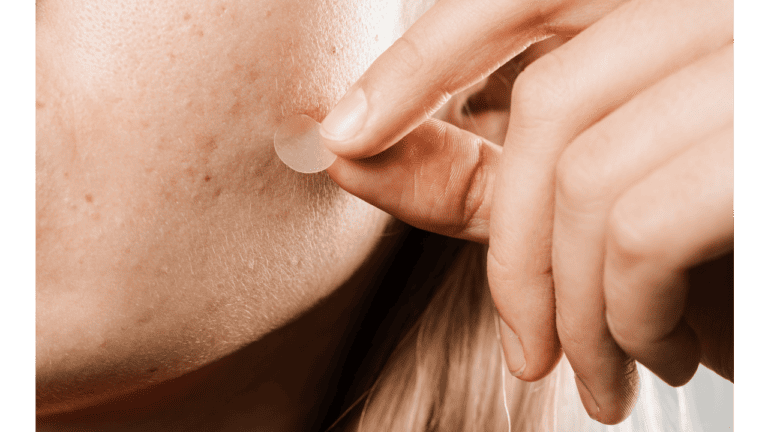Slugging is a beauty trend that has been gaining popularity in recent years, with many beauty enthusiasts swearing by its effectiveness in achieving smooth, hydrated skin. The process involves applying a thick layer of occlusive moisturizer, such as petroleum jelly or Aquaphor, onto the skin to seal in moisture and create a protective barrier. While both Vaseline and Aquaphor are popular choices for slugging, there are some key differences between the two products that should be considered before making a decision.

Understanding the benefits of slugging and the differences between Vaseline and Aquaphor can help individuals address their skin concerns more effectively. Slugging is particularly helpful for those with dry or dehydrated skin, as it can help to lock in moisture and prevent water loss. Additionally, the occlusive barrier created by slugging can help to protect the skin from environmental stressors, such as pollution and harsh weather conditions. However, it is important to note that slugging may not be suitable for those with oily or acne-prone skin, as it can exacerbate breakouts.
Key Takeaways
- Slugging is a beauty trend that involves applying a thick layer of occlusive moisturizer to the skin to lock in moisture and create a protective barrier.
- Vaseline and Aquaphor are both popular choices for slugging, but there are some key differences between the two products that should be considered before making a decision.
- Slugging can be particularly helpful for those with dry or dehydrated skin, but may not be suitable for those with oily or acne-prone skin.
Understanding Slugging and Its Benefits

What Is Slugging?
Slugging is a popular skincare trend that involves applying a thick layer of occlusive moisturizer to the face before bed. The term “slugging” comes from the slimy, slug-like appearance of the skin after applying the moisturizer. The most commonly used occlusive moisturizers for slugging are Vaseline and Aquaphor.
Benefits of Slugging
Slugging can provide several benefits for the skin, especially for those with dry skin. The occlusive layer created by the moisturizer helps to lock in moisture, preventing water loss and keeping the skin hydrated. This can result in softer, smoother skin that looks and feels more supple.
In addition to moisturizing the skin, slugging can also help to prevent water loss. When the skin loses water, it can become dry and flaky, which can lead to irritation and discomfort. By creating a barrier that locks in moisture, slugging can help to prevent water loss and keep the skin hydrated.
Overall, slugging can be a beneficial addition to a skincare routine, especially for those with dry skin. However, it is important to note that slugging may not be suitable for everyone. Those with oily or acne-prone skin may find that slugging exacerbates their skin issues. It is always best to consult with a dermatologist before trying any new skincare routine.
In summary, slugging is a popular skincare trend that involves applying a thick layer of occlusive moisturizer to the face before bed. It can provide several benefits for the skin, including moisturizing and preventing water loss. However, it may not be suitable for everyone, and it is always best to consult with a dermatologist before trying any new skincare routine.
Vaseline vs Aquaphor

When it comes to skincare, Vaseline and Aquaphor are two popular occlusive ointments that are often compared. Both products are non-comedogenic and serve as excellent moisturizers and skin protectants. However, there are some differences in their composition and uses that are worth noting.
Vaseline: Composition and Uses
Vaseline, also known as petroleum jelly, is a semi-solid mixture of hydrocarbons and mineral oil. It is a byproduct of the oil refining process and has been used for over a century as a moisturizer and skin protectant. Vaseline creates a protective barrier on the skin, preventing moisture loss and promoting healing. It is often used to treat dry skin, chapped lips, and minor cuts and burns.
Vaseline is also a popular ingredient in many skincare products due to its emollient properties. It is commonly found in creams, lotions, and lip balms. Vaseline is a versatile ingredient that can be used on any part of the body, including the face.
Aquaphor: Composition and Uses
Aquaphor is a healing ointment that contains a blend of petrolatum, mineral oil, glycerin, and ceramides. It is designed to provide superior hydration and promote healing of dry, cracked, or irritated skin. Aquaphor creates a protective barrier on the skin, preventing moisture loss and promoting healing. It is often used to treat eczema, psoriasis, and other skin conditions.
Aquaphor is also a popular ingredient in many skincare products due to its ability to soothe and protect the skin. It is commonly found in creams, lotions, and lip balms. Aquaphor is a versatile ingredient that can be used on any part of the body, including the face.
In conclusion, both Vaseline and Aquaphor are excellent moisturizers and skin protectants. They are versatile ingredients that can be used on any part of the body, including the face. While Vaseline is a semi-solid mixture of hydrocarbons and mineral oil, Aquaphor contains a blend of petrolatum, mineral oil, glycerin, and ceramides. Ultimately, the choice between Vaseline and Aquaphor comes down to personal preference and the specific needs of the individual.
Addressing Skin Concerns

When it comes to addressing skin concerns, Slugging with Vaseline and Aquaphor are two popular options. While both products are occlusive and can help to trap moisture in the skin, there are some differences to consider.
Impact on Acne-Prone Skin
For those with acne-prone skin, it’s important to be mindful of the products used on the skin. Slugging with Vaseline or Aquaphor can potentially clog pores and exacerbate acne. However, according to a board-certified dermatologist, Vaseline is less likely to cause breakouts compared to Aquaphor due to its simpler formulation.
It’s also important to note that not all acne-prone skin is the same. Some people may find that Slugging with Vaseline or Aquaphor works well for them, while others may experience increased breakouts. It’s recommended to patch test the product on a small area of skin before applying it all over the face.
Sensitive Skin Considerations
For those with sensitive skin, it’s important to consider any potential allergies or irritations. Both Vaseline and Aquaphor are generally well-tolerated by most people, but there is always a chance of an allergic reaction. If you have sensitive skin, it’s recommended to patch test the product on a small area of skin before applying it all over the face.
In addition, it’s important to consider the health of the skin barrier. A compromised skin barrier can lead to increased sensitivity, redness, and even eczema. Slugging with Vaseline or Aquaphor can help to repair the skin barrier by trapping in moisture and preventing further irritation.
Overall, when considering Slugging with Vaseline vs Aquaphor, it’s important to consider individual skin concerns and needs. While both products can be beneficial for certain skin types, it’s important to patch test and monitor any potential changes in the skin. Consulting with a dermatologist can also provide personalized recommendations for optimal skin health.
Application Techniques and Best Practices
How to Properly Slug
To properly slug, start by cleansing your face with a gentle cleanser. Pat your face dry with a clean towel and apply a thin layer of your chosen product, either Vaseline or Aquaphor, all over your face. Make sure to avoid the eye area.
It is recommended to slug at night before bed, as the occlusive nature of the product can cause makeup to slide off during the day. Additionally, it is important to use a clean pillowcase to avoid transferring any product onto the fabric.
In the morning, cleanse your face again to remove any remaining product. Slugging can be done once or twice a week, depending on your skin’s needs.
Choosing the Right Product for Your Skin Type
When choosing between Vaseline and Aquaphor, it’s important to consider your skin type. For oily skin, Vaseline may not be the best choice as it can clog pores and lead to breakouts. Instead, opt for Aquaphor which is lighter and less greasy.
For dry skin, both products can be beneficial, but Vaseline may provide more hydration due to its thicker consistency. Combination skin may benefit from using Vaseline on dry areas and Aquaphor on oily areas.
It is also important to note that slugging should be done in conjunction with a proper skincare routine, including the use of retinoids, moisturizers, and hyaluronic acid. Cleansing the face before slugging is also crucial to prevent clogged pores.
Overall, slugging can be a beneficial addition to a skincare routine for those looking to improve hydration and overall skin health. By following proper application techniques and choosing the right product for your skin type, slugging can be a safe and effective way to achieve healthy, glowing skin.
Frequently Asked Questions
What are the benefits of slugging with Vaseline compared to Aquaphor?
Both Vaseline and Aquaphor are occlusive agents that can help lock in moisture and protect the skin. However, Vaseline is a pure petroleum jelly, while Aquaphor is a petroleum-based ointment that contains other ingredients, such as lanolin and glycerin. Some people may prefer Vaseline because it is a simpler formula and less likely to cause irritation or allergic reactions. Additionally, Vaseline is usually less expensive than Aquaphor.
Can slugging with Aquaphor improve the healing process of the skin?
Aquaphor contains ingredients that may promote skin healing, such as panthenol, which is a form of vitamin B5. In some cases, slugging with Aquaphor may help improve the healing process of the skin, especially for minor cuts, burns, or abrasions. However, it is important to note that slugging with any occlusive agent may not be suitable for all types of wounds or skin conditions. If you have a severe or infected wound, it is best to consult a healthcare professional before using any topical product.
Is slugging with Vaseline recommended for individuals with acne-prone skin?
Slugging with Vaseline may not be suitable for individuals with acne-prone skin, as it can potentially clog pores and exacerbate breakouts. However, some people with dry or sensitive skin may find that slugging with Vaseline helps improve the appearance and texture of their skin. It is important to patch test any new product before applying it to your entire face or body, especially if you have sensitive skin or a history of allergic reactions. If you have severe or persistent acne, it is best to consult a dermatologist for personalized advice and treatment options.
